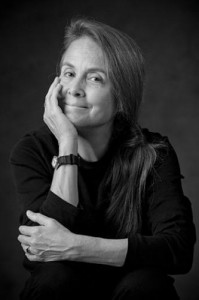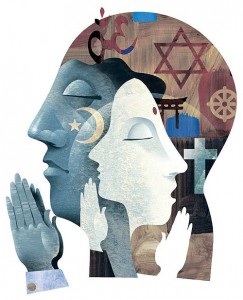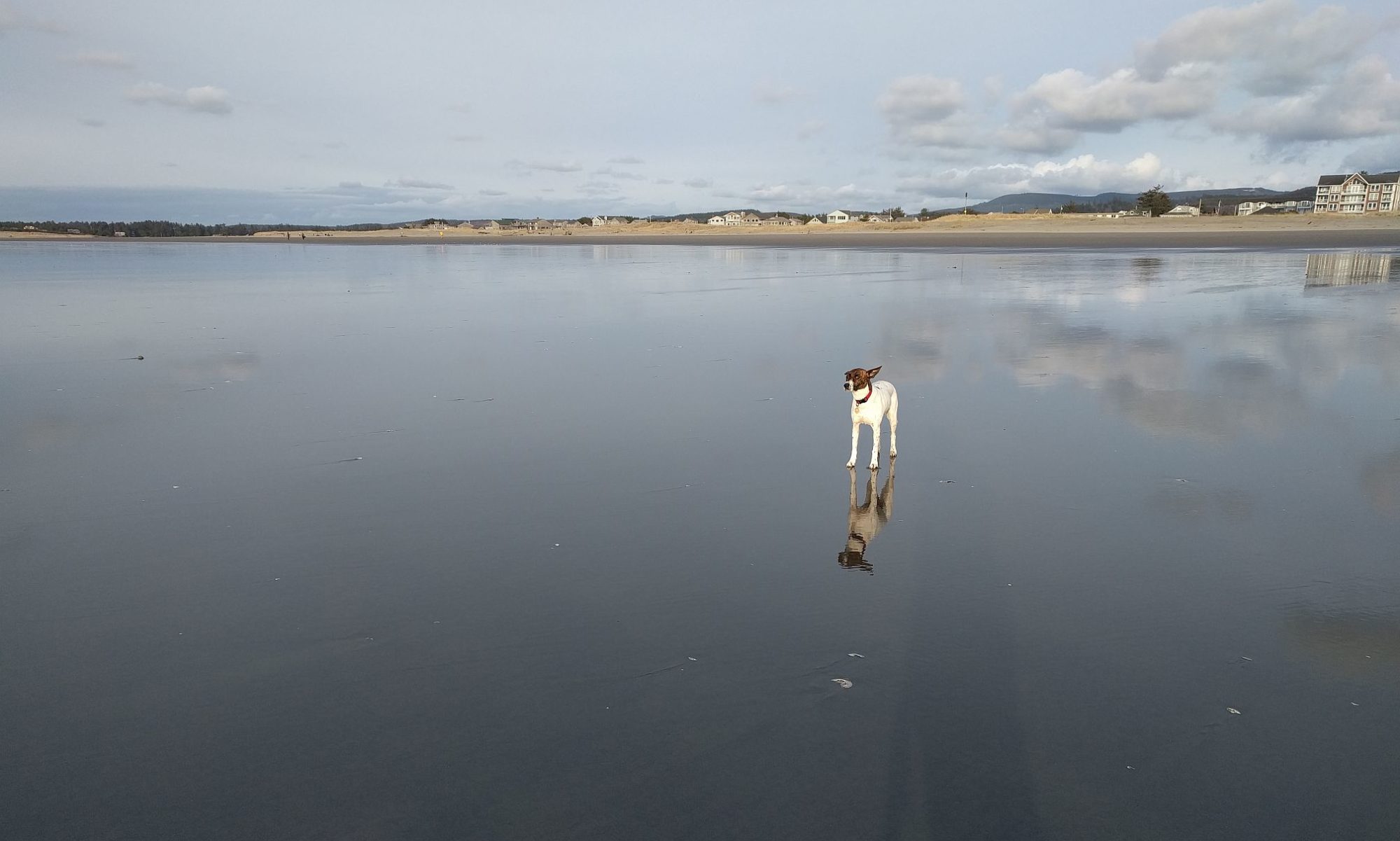“I write to learn rather than to spout off what I already know.”
Ellen Sussman
 I learn a lot when writing these blog posts–usually when writing anything. This week’s musing on the poem “Kindness” by Naomi Shihab Nye led me to new places. I had to think about why I’d been drawn to the poem so many years ago, and I also learned what led her to write the poem. It had been too long since I read “Kindness” out loud, and then I listened to her reading–which you can find at the end of this post (the 3 min. video where she tells how she came to write this and another poem!)
I learn a lot when writing these blog posts–usually when writing anything. This week’s musing on the poem “Kindness” by Naomi Shihab Nye led me to new places. I had to think about why I’d been drawn to the poem so many years ago, and I also learned what led her to write the poem. It had been too long since I read “Kindness” out loud, and then I listened to her reading–which you can find at the end of this post (the 3 min. video where she tells how she came to write this and another poem!)
When Ludger and I got married, it wasn’t fancy, and it wasn’t long-thought-out either. Invitations were sent a few weeks before the late-December date because his parents and brother would be visiting from Europe. My father canceled his plans to take his family to Arizona, and they drove down, the almost-two-hours, to be with us on our marriage day. My sister threw me a wonderful shower sometimes that December , and we found a dress, special earrings–and spent the night at a bed-n-breakfast sort of place the night before.
The most fun I had preparing for the ceremony and reception involves the poem “Kindness”: It was one of the poems I chose to include in a collection we put together. Ludger translated some of the poetry into German so his parents could read, and we hung the poems around the room. After our wedding day, we bound them between purple cover pages, for keepsake. More than photos to remember the union-day, I have the poetry to remind me of our vows.
“Kindness” by Naomi Shihab Nye was read aloud–by my friend, Najeea. It had been an important poem. I discovered it when a teaching colleague lent me the collection Words Under the Words (isn’t that a super title!?!) Those were the years just after I’d lost my mother. This was a poem I read and reread, and it gave me comfort. Then, when I moved to a small town where I felt alone and out of place, I read it as meditation and often to students those years when I would begin every class meeting with the reading of a poem.
(I picked up that idea from a priest-professor one summer when I took a literature course at Seattle University)
Anyway I wanted Najeea to read “Kindness” at our wedding because I was old enough to know it wouldn’t always be easy and quite certain we’d need the reminders: Relationships are between human beings. Human beings are flawed and sometime difficult. Kindness can easily slip away, and then what’s left? Without kindness, what’s the point?
Without kindness, what do we have in a friendship, in a marriage, in any relationship? Yet, it can be hard to keep when things aren’t going quite as we’d hoped–or expected.
I certainly don’t always live this way, but I love this poem because it does remind me, and it shows me also there is another element worth pondering: What allows us to appreciate kindness and, maybe to feel more patience and empathy for others is when we have also felt great sorrow, deep loss, when we have walked on our hands and knees, prayed to our God, Jesus, our trees or our Buddha or to the Mother Earth and asked for guidance.

Going through hard times can make us tough or it can make us soft–some of each and more.
Sorrow lands into our lives in many forms, of course, and no one can escape it. Yet, just as with kindness, we chose how to receive and how to respond to the deep pains of our lives. Often, at least in my limited experience, it can take years to work with a sadness, loss, and pain, to find a way to even befriend it–or accept this is how it is.
I have no answers but love the questions.
Sometime I want someone to tell me how to be kind. When I’m angry, when I feel someone has betrayed or slighted me or when I hear of people who are cruel to others in order to get what they want. It is so hard, sometimes, to be kind. And it is also quite painful to examine sorrow–my own or that I walk past on the street or see on the news or hear in someone’s sharing of a story.
I love the poem and reread it with gratitude–knowing how it has served me.
I also know that even the author, wonderful poet and person who has served many with great heart, isn’t always as kind as she would most want to be. We are each human and in it together. As much as we can forgive others, we can forgive ourselves. Or, say the saints, it’s the other way around: When we can forgive ourselves, we can then forgive others.
While I chose the poem to be read at my wedding, a dear poet-friend (who couldn’t attend my last-minute wedding) confided that she chose this poem for a different kind of gathering, one we are grateful has not happened. Stanzas from the poem “Kindness” had nourished her as she suffered through years of bodily pain. She would recite lines and linger with images. Her doctor eventually suggested she undergo a surgery, and she agreed. Hopefully, the operation would relieve the increasing pain that plagued her. Although the outlook was excellent, we all know any surgery has its risks. Because she is a thoughtful person and was planning for all possibilities, she planned her funeral–just in case.
It sort of took my breath away as she shared her story, and I was grateful to know this plan she had made.
In any other context, her story might have been morbid, but not when it included the poem–and now that she is with us and strong, I’m so happy she brought my attention back to the essentials. Then she asked me to read the poem aloud–which is something I love to do.
I hope you enjoy this gift from Naomi Shihab Nye, from her 1995 collection, Words Under the Words:
Kindness
Before you know what kindness really is
you must lose things,
feel the future dissolve in a moment
like salt in a weakened broth.
What you held in your hand,
what you counted and carefully saved,
all this must go so you know
how desolate the landscape can be
between the regions of kindness.
How you ride and ride
thinking the bus will never stop,
the passengers eating maize and chicken
will stare out the window forever.
Before you learn the tender gravity of kindness,
you must travel where the Indian in a white poncho
lies dead by the side of the road.
You must see how this could be you,
how he too was someone
who journeyed through the night with plans
and the simple breath that kept him alive.
Before you know kindness as the deepest thing inside,
you must know sorrow as the other deepest thing.
You must wake up with sorrow.
You must speak to it till your voice
catches the thread of all sorrows
and you see the size of the cloth.
Then it is only kindness that makes sense anymore,
only kindness that ties your shoes
and sends you out into the day to mail letters and purchase bread,
only kindness that raises its head
from the crowd of the world to say
It is I you have been looking for,
and then goes with you everywhere
like a shadow or a friend.
Naomi Shihab Nye
Links You Might Like:
Naomi Shihab Nye on poets.org
Naomi Shihab Nye on poetryfoundation.org
Naomi Shihab Nye on PBS’s Poetry Everywhere with Garrison Keillor
Naomi Shihab Nye reads two poems from IN PERSON: 30 POETS filmed by Pamela Robertson-Pearce: ‘So Much Happiness’ and ‘Kindness’. Pamela Robertson-Pearce has been filming poets reading their work for Bloodaxe’s archive and DVD-books. We will be posting further films of individual poets. We are also showing a 45-minute film (featuring 20 poets from the IN PERSON archive reading their work) at various independent cinemas, arts festivals and other venues around Britain and Ireland this year. These two poems by Naomi Shihab Nye are from TENDER SPOT: SELECTED POEMS (Bloodaxe Books, 2008), reprinted from her American edition WORDS UNDER THE WORDS: SELECTED POEMS (Far Corner Books, 1994). We filmed Naomi Shihab Nye during her visit to Aldeburgh Poetry Festival in 2006. She is an Arab-American poet who grew up in Missouri, Jerusalem and Texas, and her poetry draws on the cultural diversity of the many places where she has lived or travelled.



Sent at the right moment! Thanks Magdalena
So glad the timing fit!
Thank you, Deborah, for providing us with this beautiful meditation.
Thanks for the thoughts re:kindness. Some difficult challenges there. And it’s a poem you say. But the lines don’t rhyme. =))
Thank you, Deborah! This has long been a poem close to my heart. I remember after 9/11 finding it in my email several times as it circulated around the country.
And I also am reminded of the quote from the Dalai Lama, ” Kindness is my religion.”
And thank you also for this:
“I have no answers but love the questions.”
love it. and you